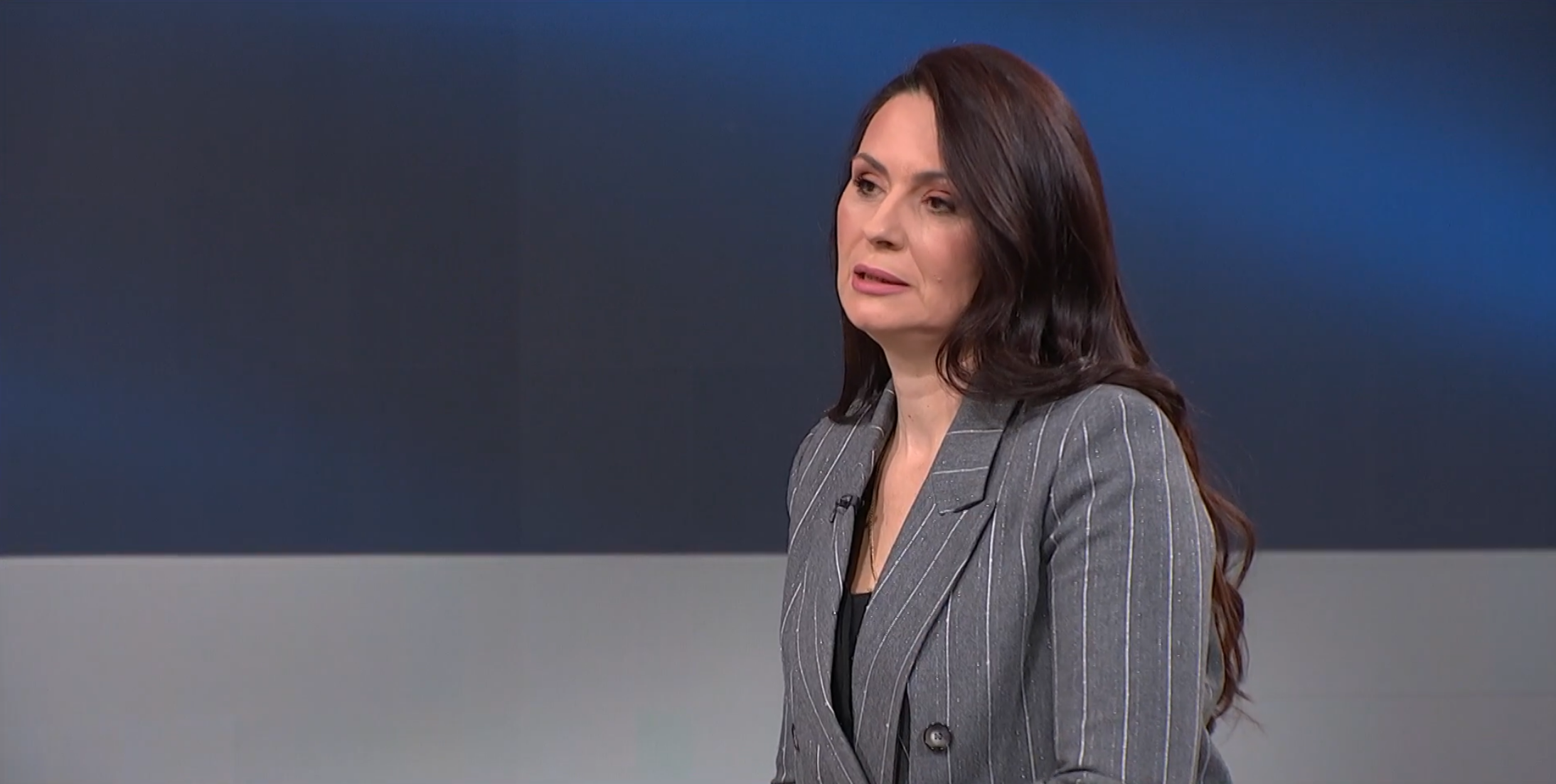What do the amendments to the media laws imposed without public debate bring?
Although media associations participated in working groups to amend three key laws – on public information and media, electronic media, and public media services – the Ministry of Information and Telecommunications presented drafts of the laws that these participants had never seen in their final version.

Without public discussion and without insight into the final texts, as claimed by the associations, the adoption of these laws represents a violation of fundamental democratic principles.
The Association of Journalists of Serbia (UNS) announced that the statement from the Ministry of Information and Telecommunications (MIT) claiming that the drafts of two out of three media laws presented to the members of the working groups are aligned texts co-created by the working group members and the European Commission is inaccurate.
In the UNS statement, it is noted that the Working Group for Amendments to the Law on Public Information and Media never received the final version of the draft it was working on, nor does it know which text the Ministry sent to the European Commission.
As emphasized by UNS, what was presented as an aligned draft does not correspond to the text worked on by the Working Group. Regarding amendments to the Law on Public Media Services, UNS points out that the members of the Working Group were only shown versions with the European Commission's comments on the day of the meeting, which had not been previously disclosed.
UNS further states that representatives of UNS, Local Press, ANEM, and Professor Rade Veljanovski requested at the meeting that a public discussion be held on the drafts, but the Ministry did not accept this proposal.
Saša Mirković, a representative of the Association of Independent Electronic Media (ANEM), assessed that the amendments to the Law on Electronic Media, which pertain to REM, should have been adopted before the public calls for the selection of REM Council members were announced.
“Presenting the draft law cannot substitute for the legally mandated public discussion,” said Mirković, noting that the Ministry bears responsibility for the delay, which, according to him, raises doubts about the good intentions of the proposers.
He added that the proposed amendments regarding state-owned media do not provide sufficient guarantees for media pluralism and freedom of expression. He also mentioned that the participants received the drafts only before the meeting, and that was – as he stated – “after the intervention of the OSCE.”
The Independent Journalists' Association of Serbia (NUNS) announced that it expresses serious concern regarding the manner in which the Ministry is conducting the process of amending key media laws. Although the comments from the European Commission arrived back in December 2023, the Ministry only responded at the end of 2024, and the working group members were not provided with the versions sent to Brussels.
The statement notes that the Ministry rejected all requests for a public discussion and sent an email stating that the European Commission had already approved the drafts, requesting comments within 48 hours, so that “further discussion would not slow down Serbia's European integration.” NUNS assesses that this approach undermines democratic procedures and disenfranchises participants from the media community.
What do the amendments to the media laws bring?
Law on Public Information and Media (ZJIM)
The draft contains provisions that, while declaratively affirming freedom of expression and the presumption of innocence, can be arbitrarily applied against investigative journalists in practice (Articles 84 and 85). In the section relating to public procurement, the European Commission's demand for precise definitions of the services that can be procured and under what conditions has been ignored.
The new Article 39a introduces obligations for media in (direct or indirect) ownership of entities like Telekom, but without mechanisms for oversight and sanctions.
NUNS assesses that this allows for a return of state ownership in the media and legitimizes political influence, which contradicts the Media Strategy.
Law on Electronic Media (ZEM)
The document stipulates penalties for hate speech and harmful content, but still omits key rules for controlling political advertising and campaign activities. REM is anticipated to be functionally more independent, but the institution has not been operational for seven months.
Law on Public Media Services (ZJMS)
The removal of the designation “national” from public service, redefined subscription, and changed role of the Programming Council represent certain progress. However, the retained concentration of power in the general director and unclear criteria for budget financing leave room for political influence under the guise of reform.
Source: Danas
Related Articles

ANEM ALARM: Attacks on female and male journalists, violent disruptions to their work, telephone threats to journalists mentioning violence against their families.










